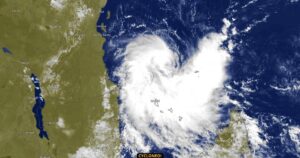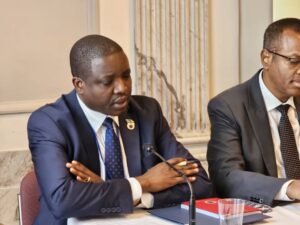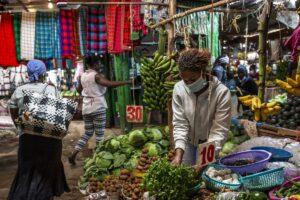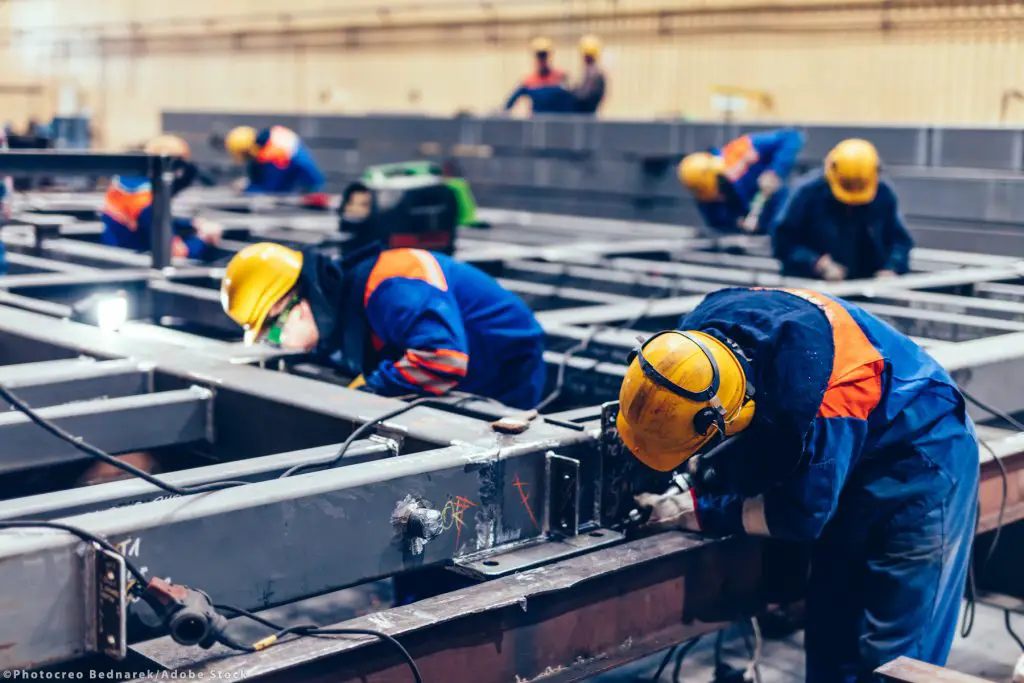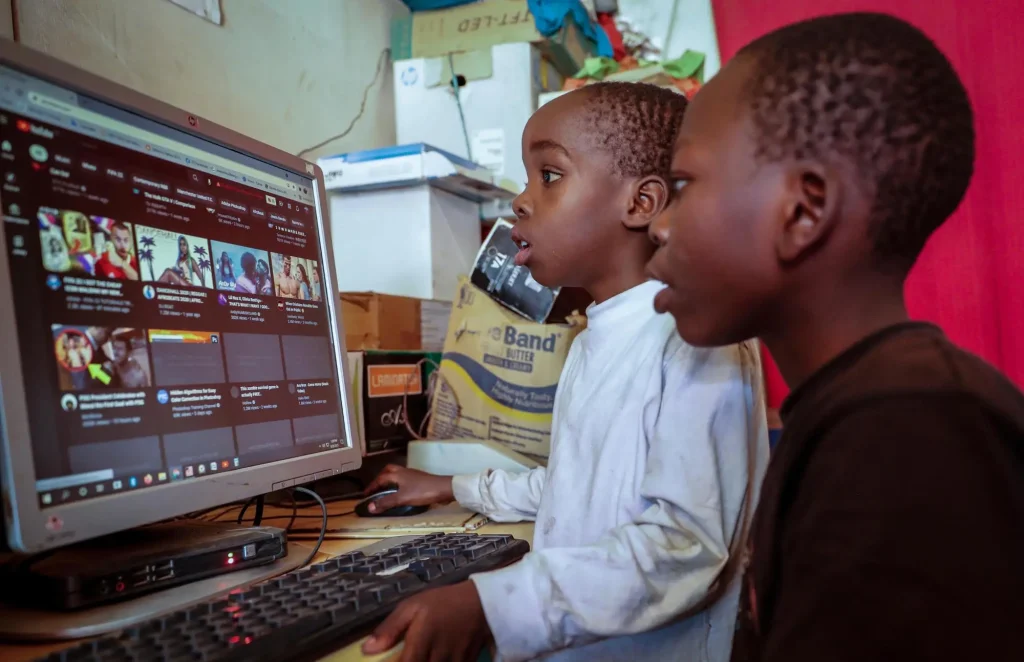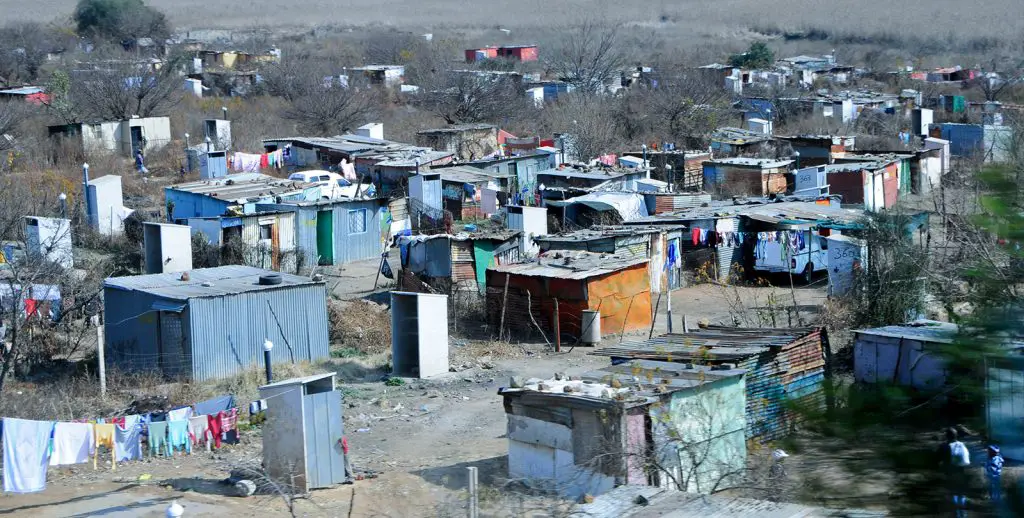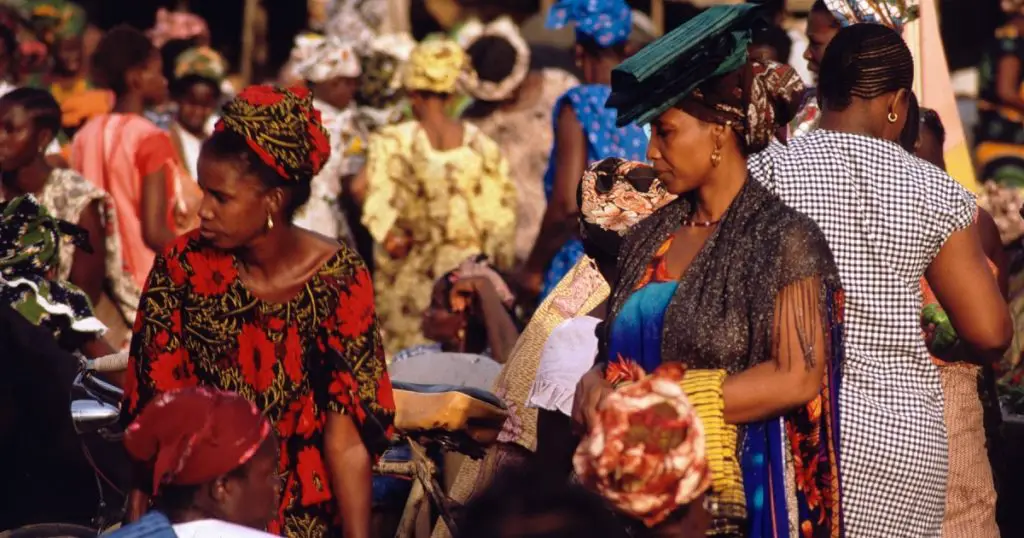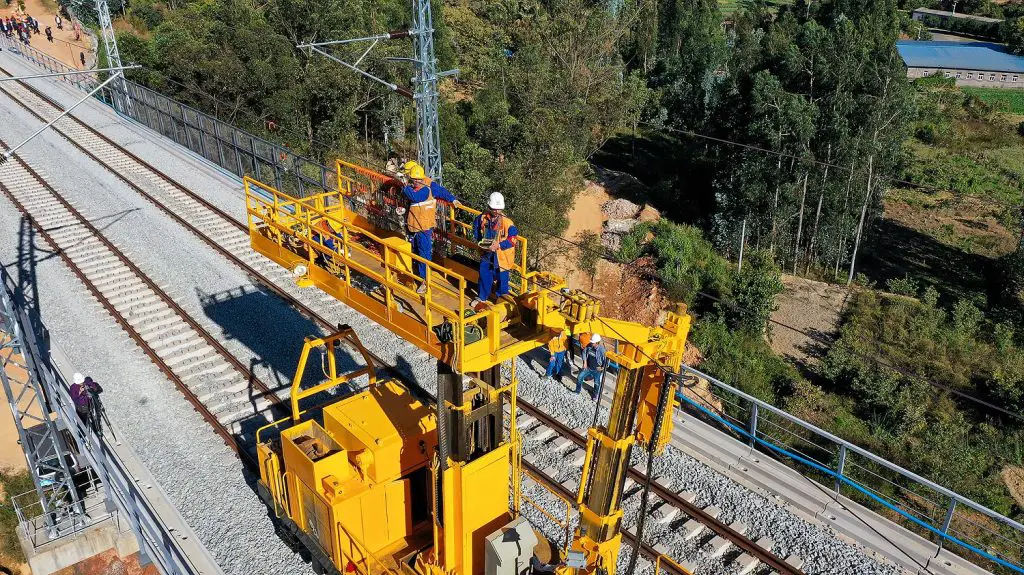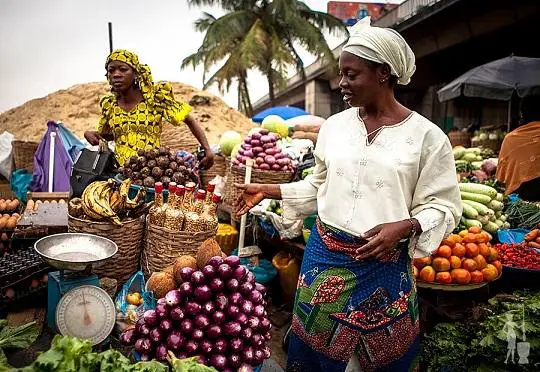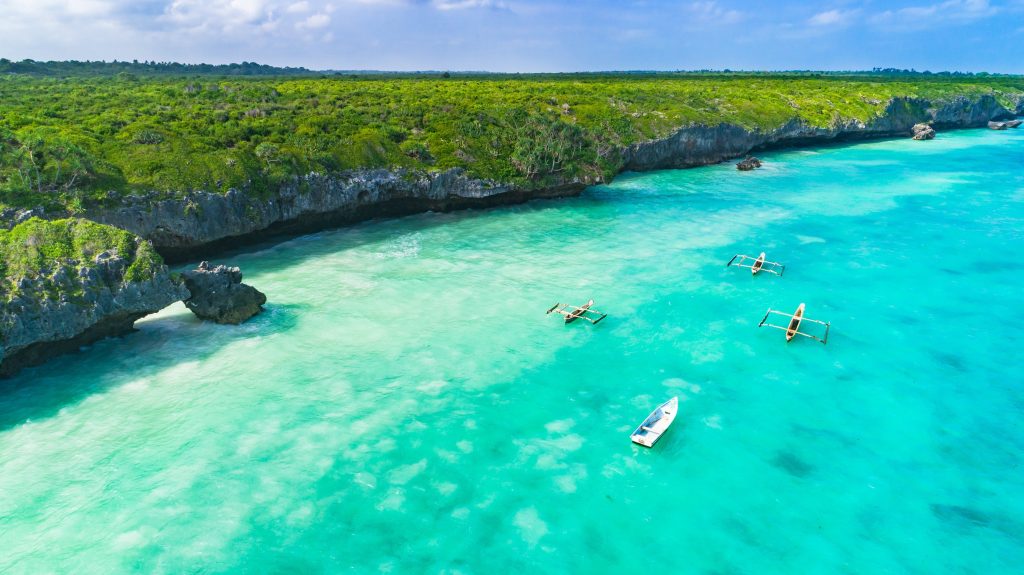- Kenya, Tanzania braces for torrential floods as Cyclone Hidaya approaches
- EAC monetary affairs committee to discuss single currency progress in Juba talks
- Transport and food prices drive down Kenya’s inflation to 5% in April
- Payment for ransomware attacks increase by 500 per cent in one year
- History beckons as push for Kenya’s President Ruto to address US Congress gathers pace
- IMF’s Sub-Saharan Africa economic forecast shows 1.2 percent GDP growth
- The US Congress proposes extending Agoa to 2041, covering all African countries
- Millions at risk of famine as fuel tax row halts UN aid operations in South Sudan
Browsing: World Bank
African countries have started recovering from the effects of the COVID-19 pandemic after most economies shrunk due to the crisis.
The continent is home to over a billion people who live in low, lower-middle, upper-middle, and high-income countries.
The economy in the Sub-Saharan Africa (SSA) region is projected to expand by 3.6 per cent in 2022, down from 4 per cent in 2021, according to World Bank.…
- The Africa Centre for Disease Control (Africa CDC) will receive $100 million from the Wold to support a programme that would help enhance its technical capacity
- The funding will also strengthen Africa CDC’s institutional framework to intensify support to African countries in preparing for, detecting, and responding to disease outbreaks
- The funds come when the continent is addressing several infectious disease outbreaks in addition to COVID-19, and there are growing risks looking ahead
The Africa Centre for Disease Control (Africa CDC) will receive $100 million from the Wold to support a programme that would help enhance its technical capacity.
According to the partners, the deal will also strengthen Africa CDC’s institutional framework to intensify support to African countries in preparing for, detecting, and responding to disease outbreaks and public health emergencies.
The funds come when the continent is addressing several infectious disease outbreaks in addition to COVID-19, and there are …
- African governments saw a series decline in public revenues during the pandemic
- Unemployment has surged in Nigeria and South Africa due to the pandemic
- Some economies have emerged strong while others not so much
The African economy is doing its best to recover strongly from the shackles of the COVID-19 pandemic, which shaved off a substantial amount of growth from the continent’s $2.7 trillion GDP. Economic recovery in Africa is tough but essential.
While Africa is working its way out of recession and extreme poverty, the region is facing multiple setbacks, such as civil conflicts and the recent Russian invasion of Ukraine, which has caused severe food security in several countries.
The pandemic forced most of the countries on the continent to significantly impose lockdowns that crippled financial operations—businesses, mobility, movement within and across national borders, and public gatherings (Relief Web).
According to Relief Web a humanitarian information services platform, …
- Zimbabwe to introduce electronic courts early next month, with all the partners trained and geared to embrace the development.
- President Emmerson Mnangagwa is to officially commission the newly-established Commercial Court division of the High Court the same week.
- The theme for 2022, as announced by Chief Justice Luke Malaba is Use of Technology to Enhance Efficiency and the Rule of Law in the Judiciary.
Zimbabwe is set to introduce electronic courts (e-courts) starting May 1, 2022. E-courts will be introduced in line with new technologies and the need for efficiency in the delivery of justice with consistency and collective effort by all justice delivery players. The key advantages include bringing in a justice serving mechanism that is transparent, efficient, affordable, time-saving, protects the interests of witnesses, reduces the backlog of pending cases, and most importantly reduces the number of unscrupulous activities. The announcement was made through Statutory Instrument (SI) 78, …
- The continent internet economy can reach $180 billion by 2025, accounting for 5.2 per cent of Africa’s GDP
- Africa’s access to the internet stands at 40 per cent, according to Google
- With more than 1.3 billion people, Africa lags behind the rest of the world in internet connectivity as it has only 22 per cent in connectivity
Africa’s digital economy is expanding quite fast. The continent internet economy can reach $180 billion by 2025, accounting for 5.2 per cent of Africa’s GDP, according to information from IFC.
Doubling down on the latter, by 2050, the projected potential contribution could reach $712 billion, 8.5 per cent of the continent’s GDP (IFC). Internet in Africa is the new gold as it facilitates the growth of technology-driven sectors, transforming communities’ economies.
Internet in Africa is transforming economies of fast-growing countries that also record a large share of internet users in the region, such …
Global poverty is not only the current threat to the progression of humanity. Inequality is yet another block that spikes the fire.
According to Oxfam, even after the pandemic threw higher costs of life to communities worldwide, the wealth billionaires own risen sharply compared to 14 years ago.
In this case, South Africa presents an exciting take to analyze. South Africa is an unequal country in the world.
In the second top economy in Africa, race plays a crucial factor in fueling inequality, where 10 per cent of the population owns more than 80 per cent of the wealth, according to information from Aljazeera.
On the governmental level, complications may arise when handling mass starvation and social cohesion for millions of people in locked nations in East Africa, Yemen, Syria and the Sahel.…
- Sub-saharan Africa now faces new economic growth challenges, compounded by the Russian invasion of Ukraine
- A World Bank report estimates growth at 3.6 per cent in 2022, down from 4 per cent in 2021 as the region continues to deal with new COVID-19 variants, global inflation, supply disruptions and climate shocks
- Resource-rich countries, especially their extractive sectors, will see improved economic performance due to the war in Ukraine, while non-resource-rich countries will experience a deceleration in economic activity
As the Sub-Saharan African economy struggles to recover from the 2020 recession induced by the COVID-19 (coronavirus) pandemic, the region now faces new economic growth challenges, compounded by the Russian invasion of Ukraine.
The World Bank’s latest Africa’s Pulse, a biannual analysis of the near-term regional macroeconomic outlook, estimates growth at 3.6 per cent in 2022, down from 4 per cent in 2021 as the region continues to deal with new COVID-19 …
Consequently, China has carefully abandoned its strong preference for bilateral dealing with problem debtors. The Chinese state avoids being a rule-taker compared to the West on debt issues. Still, it increasingly appears to recognize that multilateral approaches – ideally on an ‘a la carte’ basis – can help contain both the pressures on its African partners and its challenges.
China, therefore cautiously supported the DSSI for some African nations when it came to effect in April 2020, and similarly, the Common Framework launched in 2021. However, the slow implementation of the Common Framework brings to light four specific challenges linked to China’s role.
First is China’s discomfort with the independent and central role played by the IMF in controlling how much a country can afford to pay through its debt sustainability analysis (DSA). Second is the alarm of privates, and public sector lenders in the West over a lack of …
On a broader scale, the United Nations argued that sub-Saharan Africa loses $95 billion yearly because of the gender gap in the labour market.
Multiple entities are recording the contribution of women to the Tanzania economy, including the National Bureau of Statistics (NBS).
The NBS argue that 65 per cent of farmers are women and women head 33 per cent of households; political processes that promote women are mounting up over the decades.
Around 36 per cent of the national parliamentarians are women—however, legislative and financial barriers, as well as gender norms, hinder advancement.
On the other side of the fence, World Bank argues that Tanzania has made vital strides in expanding women’s economic opportunities over the past two decades.
“The female labour-force participation rate rose from 67 per cent in 2000 to 80 per cent in 2019, well above the average of 63 per cent for sub-Saharan Africa and …
The goal here is to have more companies register on the island to increase Zanzibar’s internal revenue through taxes and related fees. The move is also expected to create employment on the island as companies open subsidiaries they will naturally have to hire.
Overall, according to the International Monetary Fund (IMF ), last year’s growth of around 4 per cent is expected to pick up to about 5½ per cent this year and to then maintain a steady growth of the next few years, assuming no other pandemic strikes that are.
Ceterisperibus, should the economic reforms announced by the new administration and the envisaged improvements in the business climate materialize, then medium-term growth could reach 6 per cent, says the IMF.…
